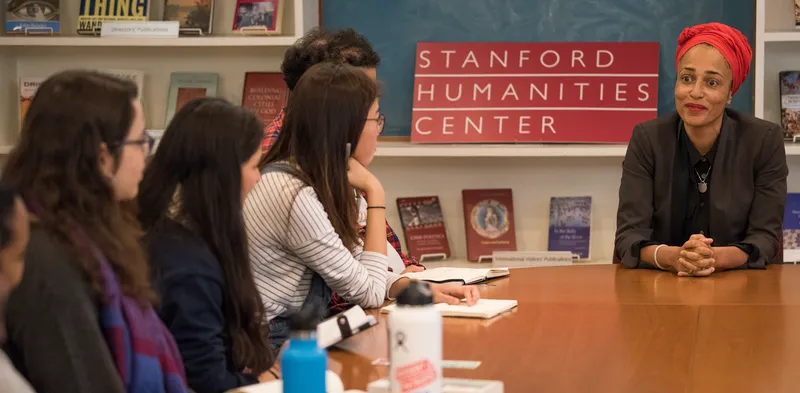Table of Contents
Few university provosts, let alone those at places like Stanford, call the work of their institution “second-rate.” Yet that is how Provost Persis Drell described the Stanford University Press three weeks ago to defend a $1.7 million funding cut to the Press.
While faculty successfully mobilized to delay the reduction for one year, I am still left wondering what this episode reveals about Stanford’s perception of the humanities. After all, just last year the University endowed the Knight-Hennessy scholar program with $800 million, which did not accept a single humanities student in its inaugural class. The much-acclaimed Stanford Institute for Human-Centered Artificial Intelligence (HAI) is seeking to raise more than one billion in funding. With billions flowing into these brand-new initiatives, what led Stanford to target the Press, whose subsidy accounts for just 0.00275% of Stanford’s annual budget?
The University Press’ most damning crime may be its commitment to the traditional humanities and social sciences, a rarity on The Farm. The political science department, for example, recently reformed its major requirements to serve as the little brother of the computer science major, gutting its political theory courses and allowing data science classes to count for up to 70 percent of the major. For all the interdisciplinary hype surrounding HAI, just two humanities faculty are listed under the “Leadership” section of the website. Stanford frequently touts the Center for Spatial and Textual Analysis, a digital humanities program, as a way to modernize the humanities. SUP publications, on the contrary, are well-known for their contributions to continental philosophy, Latin American History, and Middle Eastern studies. Important, sure, but hardly for helping Stanford students develop the next Uber.
The push to make the humanities a watered-down version of tech and eliminate those institutions that refuse to conform is how Stanford envisions saving the humanities from their ostensible lack of utility. However, these good intentions actually deny humanities courses the opportunity to teach logical reasoning, skepticism, and attention to detail, the most valuable skills they can offer. Studying philosophy, history, and literature represents a unique opportunity to build a skill-set relevant to fields ranging from entrepreneurship to academia: the ability to conduct in-depth research, communicate complex ideas cogently, engage with various primary sources, and write effectively.
There’s nothing inherently wrong with the digital humanities. But these efforts should supplement, not replace, analyzing classical texts and engaging in intensive writing. By attempting to combine engineering with English and swapping questions about Aristotle for questions about the ethics of AI, Stanford simultaneously leaves humanities students unequipped to reason effectively or program well.
The near-mistake in cutting the Press subsidy was not just, as the University alleged, a one-off maneuver necessary to preserve funding for graduate fellowships. It is part of a larger misapplication of founding mission of Stanford: “to qualify students for... direct usefulness in life.” Leland Stanford himself wrote that he “attach[ed] great importance to literature for the enlargement of the mind and for giving business capacity” because he found that “technically educated [students] do not make the most successful businessmen.” Stanford’s callous stance toward the Press demonstrates they have drifted from their namesake’s approach to a liberal education. To make the humanities relevant again in the digital age, Stanford must reorient the humanities toward their most valuable end: teaching students how to think.








